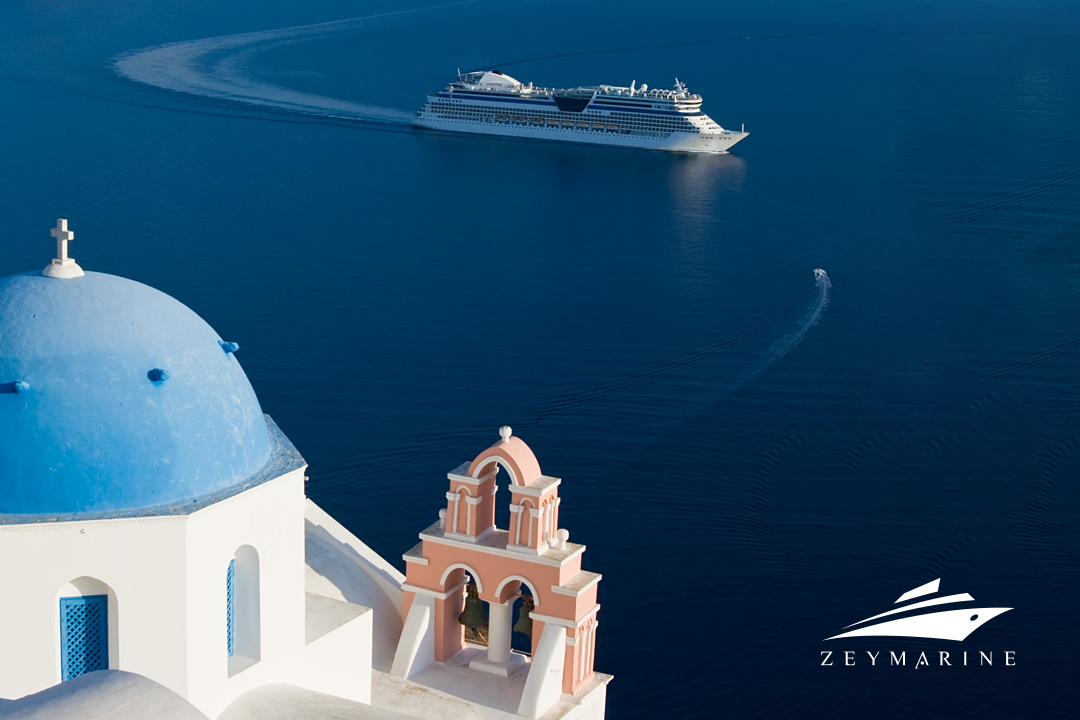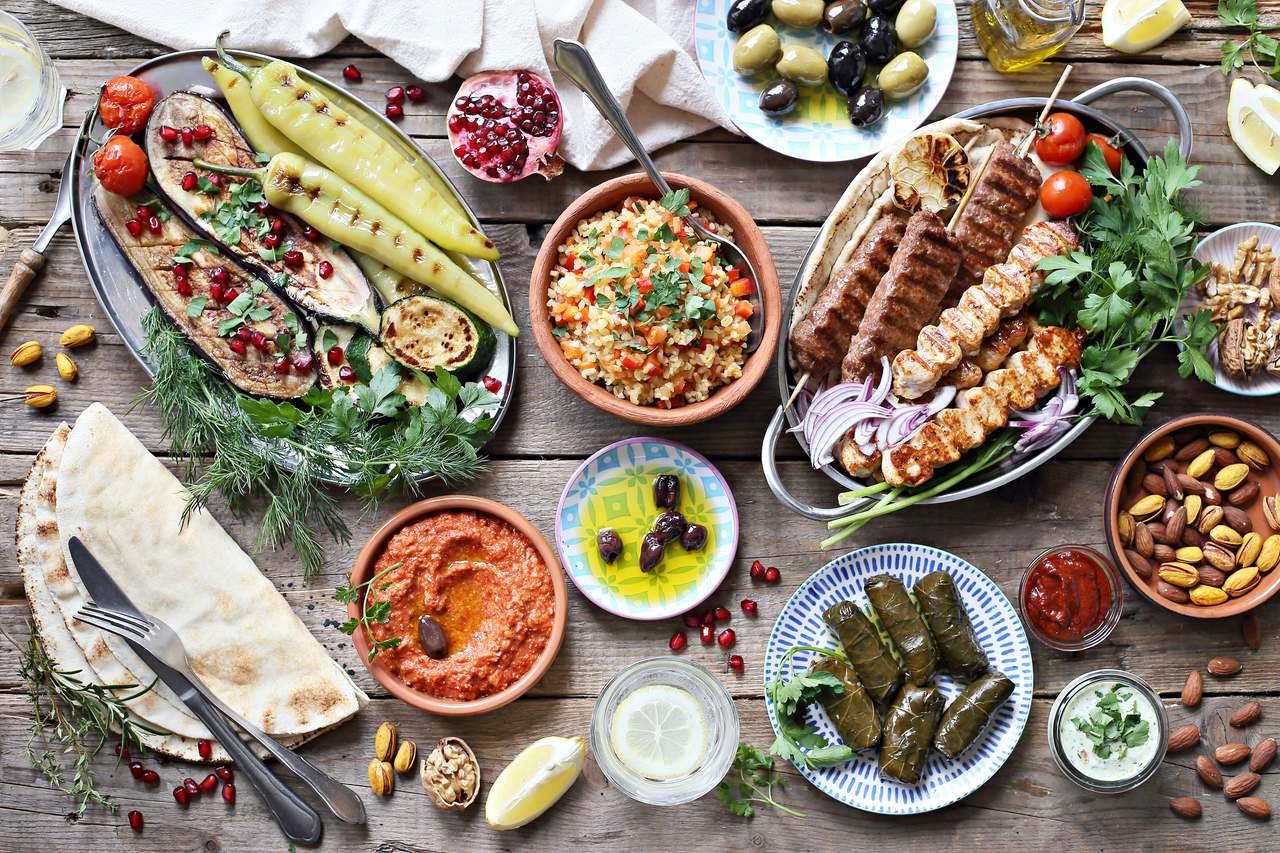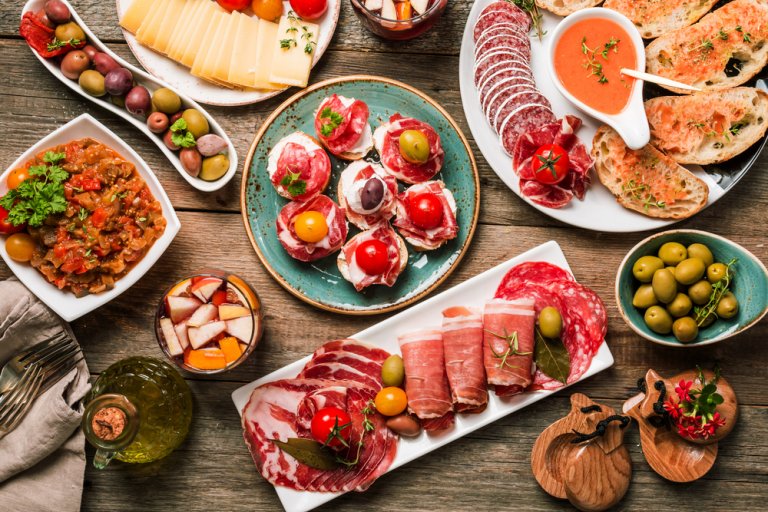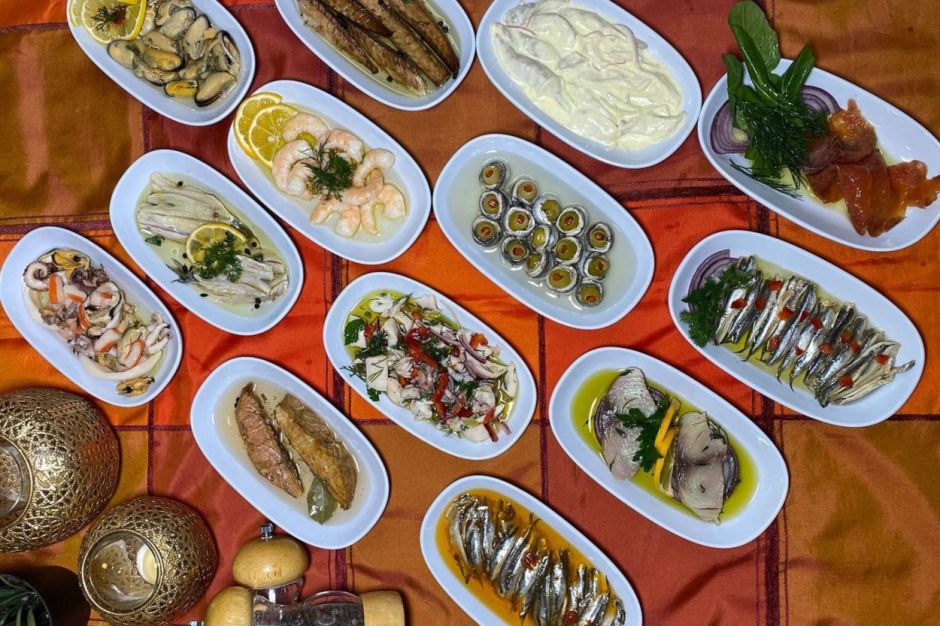The endless scorching sun and azure waters of the Mediterranean have given birth to a culinary tapestry woven with the threads of maritime history. From the coasts of Turkey to the fishing restaurants of the Magreb, Mediterranean cuisine is an exquisite fusion of flavours shaped by centuries of maritime trade, conquest and cultural exchange.
Mediterranean cuisine is intrinsically linked to the marine history of the region. Throughout history, ports have played a crucial role as hubs for trade, facilitating the interchange of products, spices, and culinary customs between distant merchants.
So let’s go on a journey in the connection between Mediterranean cuisine and the sea.
History of Trade and Beginnings of Cultures
More than three millennia ago, the Phoenicians, expert traders and seafarers, plied their culinary trade throughout the coastlines they met. They brought in foods like grapes, figs, and olives, which quickly established themselves as mainstays in the Mediterranean diet, influencing everything from Turkish to Spanish cuisine.
The Mediterranean’s tastes were shaped by the marine channels even as empires came and went, each leaving its mark on the region’s cuisine. Romans were known for their voracious hunger for conquest, but they also had a passion for food. They brought with them culinary skills like wine-making and preserved fish, which paved the way for classic meals like French bouillabaisse and Italian spaghetti.
Medieval commerce brought together explorers, sailors, and merchants from all over the world, resulting in the Mediterranean being a melting pot of civilizations during this period. Cinnamon, cloves, and saffron were carried to Mediterranean ports via the Silk Road, which connected the East with the West. These spices turned common foods into fragrant feasts appropriate for sultans and kings.
The Renaissance’s period of discovery stoked the gastronomic trade even more. Along with changing the globe, Christopher Columbus’s exploration of the New World brought tomatoes, potatoes, and chilli peppers to the Mediterranean, revolutionising cooking there. These newly acquired materials sparked a revolution in cooking that produced well-known meals like Italian pizza and Spanish gazpacho.
The impact of marine culture on Mediterranean cuisine is not limited to product introduction; it is also evident in cooking methods and dietary customs. Around the Mediterranean coast, grilling seafood over open flames is a beloved custom that dates back thousands of years. The technique of skewering and grilling food has been refined over the ages, resulting in mouthwatering meals that are brimming with flavour, from Turkish kebabs to Greek souvlaki.
Furthermore, a feature of Mediterranean food is its dependence on locally obtained, fresh ingredients, which is a reflection of the region’s closeness to the sea. At first light, fishermen head out and return with the catch of the day, which ends up on dinner tables in both thriving metropolises and seaside villages.
Turkish Cuisine and Maritime Effect
The culinary culture of Turkish cuisine has contributed to the formation of the dining habits of many societies living in our country from the past to the present. For instance, the aquaculture cuisine culture of the city of Istanbul was formed through the eating traditions of the Turks, Armenians, Jews and Greeks living here when it was the capital of the Roman, Byzantine and Ottoman periods.
After the Republican Period, due to the migration of Turks from the Balkans to the region, today’s aquaculture cuisine has emerged. Ottoman marine cuisine records mention various fish such as carp, mackerel, swordfish, turbot, bluefish and eel, as well as lakerda, fish roe and caviar. In addition, dishes such as fish salting and fish soup were frequently prepared in the palace kitchen.
The abundance of seafood found in the Mediterranean has been one of the most significant influences on Turkish cuisine. The wealth of fish and shellfish found along Turkey’s coastline, which stretches over the Aegean and Mediterranean Seas, is used extensively in traditional recipes. Seafood is highly adored at Turkish dinner tables, where dishes like grilled sea bass, stuffed mussels, and robust fish stews are served. This reflects the close relationship between the land and the sea.
Additionally, the Mediterranean climate’s scorching summers and moderate winters make it perfect for growing a wide range of fruits, vegetables, and herbs. With colourful salads, mezze platters, and vegetable-focused meals that highlight the taste and freshness of locally produced vegetables, Turkish cuisine celebrates this wealth. Turkish dishes are replete with mainstays like tomatoes, eggplants, peppers, and herbs like dill, parsley, and mint that provide flavour, colour, and texture to every dish.










